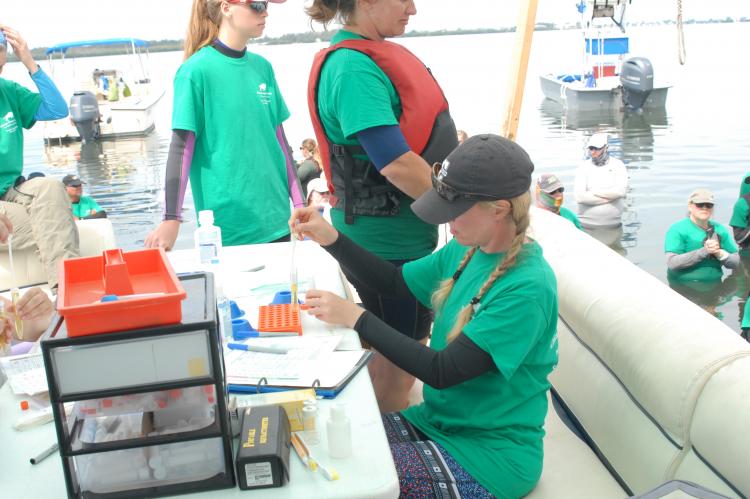Chemical compounds found in urine of bottlenose dolphins
A study has uncovered the presence of chemical compounds in the urine of bottlenose dolphins at the southwestern coast of Florida.
Researchers have found chemical compounds in the urine of bottlenose dolphins (Tursiops truncatus) tested in Sarasota Bay, Florida. These substances, called phthalate metabolites, were found in 71 percent of the 17 bottlenose dolphins tested in Sarasota Bay, Florida in May 2016 and May 2017. This makes it the first study to document the additives in the urine of wild marine mammals.
Although past research also uncovered evidence of phthalate metabolites, the substance were just detected in the blubber or skin of several marine mammals. The fact that they had been found in the urine indicates that the substances had remained in the animals’ bodies long enough to be processed.
How did the substances get into the dolphins’ bodies?
“These chemicals can enter marine waters from urban runoff and agricultural or industrial emissions, but we also know that there is a lot of plastic pollution in the environment,” said Leslie Hart, a public health professor at the College of Charleston and the study's lead author.
Phthalate compounds are added to a wide variety of products like plastics, cosmetics, personal care and cleaning products.
According to the researchers, finding out how the dolphins were exposed to the substances can give scientists insights into the contaminants in the local waters and which other animals, including humans, were also being affected.
About 160 dolphins live in Sarasota Bay. Since 1970, the Chicago Zoological Society’s Sarasota Dolphin Research Program has been monitoring the health, behaviour and exposure to contaminants of individual dolphins.
The findings of the study have been published in the 5 September issue of the GeoHealth journal.


